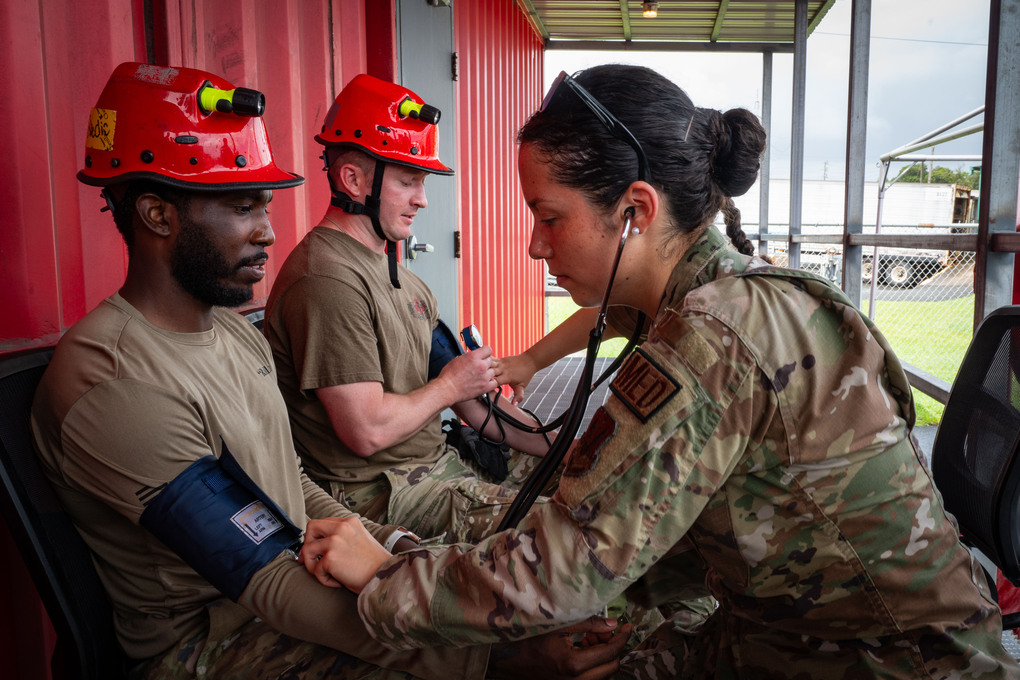Transitioning from a military career to civilian life can be a challenging yet rewarding experience. The shift involves navigating a new environment, finding employment, and adjusting to a different social dynamic. For many active-duty personnel, this transition requires thoughtful preparation and a proactive approach to managing various aspects of life. In this article, we’ll cover practical tips to help make your military to civilian transition as smooth and successful as possible, covering everything from job searching and networking to mental health support.[/caption]
What Are the Differences Between Military and Civilian Life?
Change in Structure and Routine
One of the most significant adjustments active-duty service members face during the military to civilian transition is the change in daily structure and routine. In the military, life is highly regimented, with clear schedules, roles, and expectations. Civilian life, by contrast, offers more flexibility and autonomy, but this can also mean less predictability and fewer defined rules. Understanding and accepting these differences is the first step in preparing for the transition. It’s important to create your own routines and set personal goals to maintain a sense of order and purpose.
A New Work Environment
The military environment is characterized by a clear hierarchy and chain of command. In civilian workplaces, however, the structure can be more fluid, and communication may be more informal. Active-duty military need to be aware that while some companies value a hierarchical structure, others might prioritize collaborative and flat organizational styles. Being adaptable and learning to navigate different workplace dynamics will be crucial for a successful transition.
Prepare for Employment Early
Start Planning Well in Advance
It’s advisable to begin preparing for your career transition at least 12-18 months before leaving the military. This timeframe allows you to explore various career options, identify the skills and certifications you need, and begin the job application process. One useful strategy is to leverage the services of organizations like Zero Nexxus, which provide tailored military transition support for military personnel transitioning to civilian life, including personalized job search strategies and career counseling.
Translate Your Military Skills through LinkedIn
As resumes become less effective in the modern job market, LinkedIn has emerged as a high-visibility platform that can help active-duty service members showcase their skills in a way that resonates with civilian employers. With the right approach, your LinkedIn profile can serve as a dynamic, real-time resume that attracts recruiters and hiring managers directly to you.
At Zero Nexxus, we offer LinkedIn Profile Optimization services. These packages are designed to help you highlight your transferable skills like leadership, project management, and problem-solving abilities in a civilian-friendly format. With these services, you can transform your LinkedIn profile into a powerful tool for networking, job searching, and career advancement.
Build a Strong Professional Network
Leverage Your Existing Connections
Networking is important during your military-to-civilian transition, and LinkedIn makes it easier than ever to establish and leverage connections from high school, college, and your military service. Zero Nexxus’ LinkedIn Profile Optimization solutions help you maximize this platform to reconnect with past contacts and strategically build meaningful relationships in your target industry. By starting less than a year before your transition, you can position yourself for success, as your next six-figure job could be just one LinkedIn connection away.
Join Veteran and Professional Organizations
Many organizations cater specifically to transitioning active duty, offering networking events, job fairs, and other resources. Joining professional associations in your desired field can also provide valuable networking opportunities and keep you informed about industry trends and job openings. Engaging with these communities can help you build a robust network and gain insights into civilian work culture.
Prioritize Mental Health and Well-Being
Acknowledge the Emotional Impact of Transitioning
You’re not weak and it’s not taboo to discuss mental health concerns. The transition from military to civilian life can be emotionally taxing. The loss of camaraderie, the change in identity, and the challenge of finding a new purpose can all impact mental health. It’s important to acknowledge these feelings and seek support when needed. Consider counseling or therapy to help manage the emotional aspects of the transition, and don’t hesitate to reach out to Veteran support groups where you can share experiences with others who understand your journey.
Create a Supportive Environment
Surround yourself with a supportive network of family, friends, and fellow active-duty personnel who can provide encouragement and understanding. Engaging in community activities, volunteering, or joining support groups can also help ease the transition by providing a sense of purpose and belonging.
Develop New Skills and Continue Education
Consider Further Education or Certification
Depending on your career goals, further education or obtaining professional certifications may be necessary. Use the GI Bill and other VA benefits to pursue college degrees, vocational training, or certifications that can enhance your employability in the civilian job market. Research educational programs that align with your interests and career objectives, and consider programs that offer flexibility, such as online courses.
Embrace Lifelong Learning
The civilian workforce values continuous learning and adaptability. Stay current with industry trends and consider taking courses that improve your skills and knowledge base. This proactive approach not only enhances your qualifications but also demonstrates to potential employers that you are committed to personal and professional growth.
Understand and Utilize Your Benefits
Maximize Your Active-Duty Personnel Benefits
Service members have access to a wide range of benefits, including healthcare, education, housing, and retirement benefits. It’s crucial to understand what benefits you are entitled to and how to access them. Organizations like Zero Nexxus offer guidance on navigating these benefits, ensuring you make the most of what’s available to you. They can help you understand how to use these resources effectively, from applying for VA benefits to exploring housing options.
Plan for Financial Security
Financial planning is an essential aspect of transitioning to civilian life. Understanding your new income, benefits, and any potential expenses is crucial for financial stability. Consider consulting with a financial advisor who specializes in working with active-duty personnel to help you develop a budget, understand your benefits, and plan for future financial goals.
Cultivate a New Identity and Purpose
Find New Ways to Serve and Contribute
Many people find fulfillment in continuing to serve their communities or country in new ways. Whether through volunteering, joining local civic organizations, or working in public service, finding new ways to contribute can provide a sense of purpose and help bridge the gap between military and civilian life.
Embrace Your Active-Duty Military Identity
Being an active-duty personnel is an integral part of who you are, and embracing that identity can help in your transition. Use your experiences to guide others, advocate for VA issues, or simply connect with your local Veteran community. Your unique perspective and skills are valuable assets that can contribute meaningfully to civilian society.
Streamline Your Path to a Successful Transition
Transitioning from military to civilian life is a significant change, but with the right preparation and support, it can lead to new opportunities and growth. Start early, leverage your skills, build a network, and prioritize your well-being. Remember, you don’t have to navigate this journey alone. For personalized guidance and support, consider reaching out to Zero Nexxus. Our Active Duty Services help you transition smoothly and confidently. Take the next step towards a successful civilian career today!



